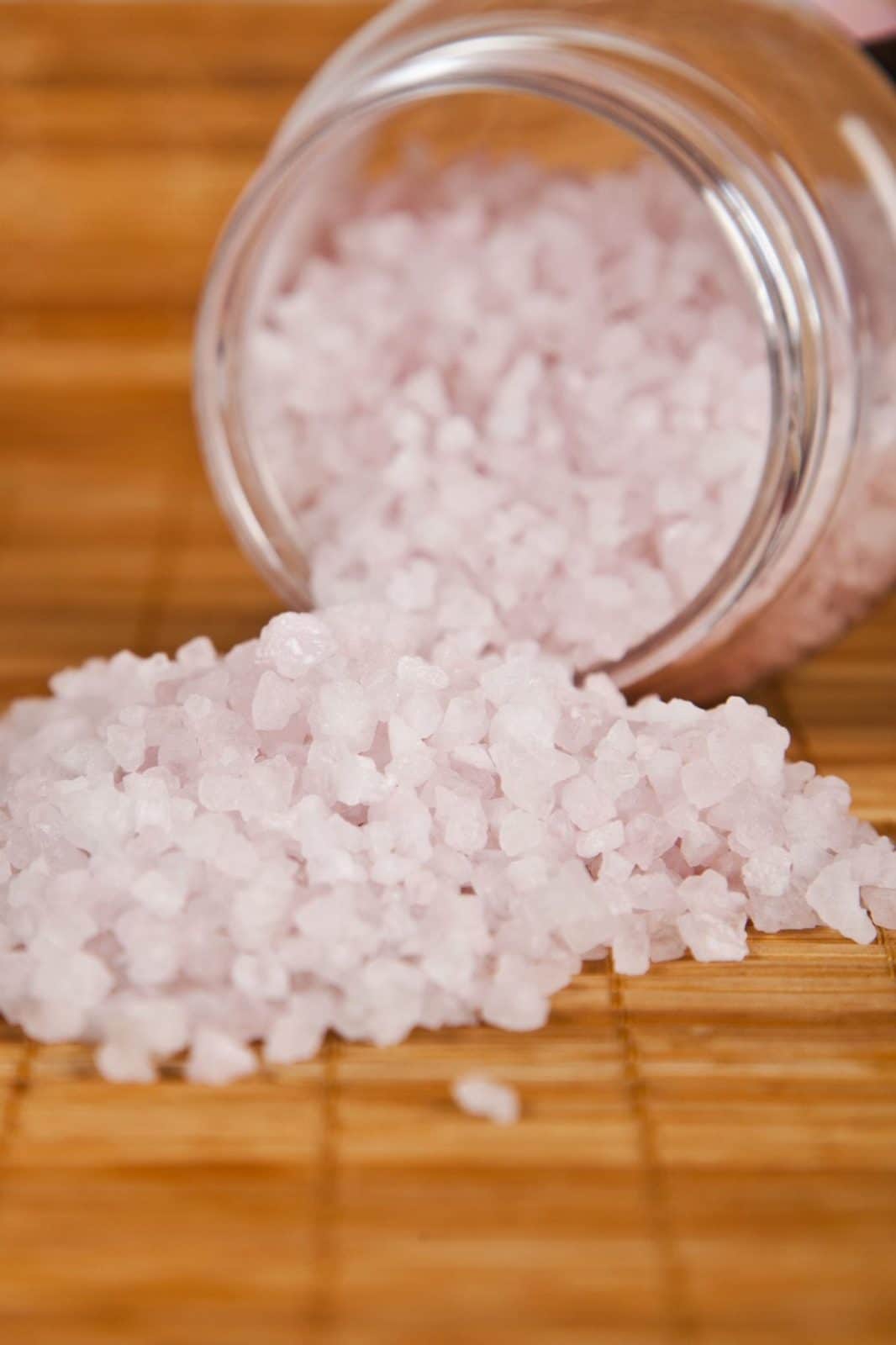Though synthetic drugs were banned in North Carolina in 2011, many gas stations and convenience stores continue to sell them under the guise of potpourri, herbal incense, bath salts, and jewelry cleaners, giving these dangerous products a false appearance of safety and legitimacy. Young drug abusers purchase these products and use them to get high—a practice that is both dangerous and illegal.
As attorney general Roy Cooper explained in a statement disclosed in a report by WRAL, “Despite laws against them, these potentially harmful drugs are all too easy to get, especially for young people. While law enforcement works to enforce existing laws against synthetic drugs, manufacturers try to evade those laws and sell their drugs at local gas stations and convenience stores.”
Cooper, along with 42 other state attorney generals sent a letter to nine major oil companies, requesting the cessation of synthetic drug sales at retail locations operating under their name. The nine oil companies included British Petroleum, Chevron Corp., Citgo Petroleum Corp., Exxon Mobil Corp., Shell Oil Co., Valero Energy Corp., Marathon Petroleum Corp., and Phillips 66. These companies were urged by the letter to ban their franchises from selling these types of substances and revoke the franchise of establishments found selling synthetic drugs before reporting them to local police.
Synthetic Drug Use is a Criminal Offense on a State and Federal Level
Although drug abusers were once able to purchase synthetic drugs over the counter at specialty shops in North Carolina, today you can face state and federal criminal drug crime charges if you are found in possession of these substances:
Bath salts. Bath salts are a family of designer drugs containing synthetic chemicals that are similar to amphetamines. Sometimes sold as jewelry cleaners or plant food, the effects of these types of drugs include agitation, paranoia, and high blood pressure. Bath salts have generated thousands of calls to poison control centers across the country and are highly illegal on both a state and federal level.
Spice. This term refers to a range of products containing dried pants and chemical additives that produce experiences similar to smoking pot. Drug abusers who have been taken to poison control centers because of this drug report symptoms such as vomiting, confusion, and increased heart rate. Both North Carolina and federal government agencies have banned the sale and recreational use of this drug.
K-2. K-2 is another variety of so-called synthetic cannabis or “fake weed” which contains a mixture of herbs and a potent psychotropic drug. Experts believe the drug affects the central nervous system, often causing severe hallucinations and seizures.
Don’t make the mistake of assuming these drugs are safe or legal if you stumble upon them for sale at a seemingly legitimate gas station or store. Synthetic drugs are highly toxic, and being found in possession of these substances can result in serious consequences.
In North Carolina, possession of 28 grams or more of bath salts is considered a felony, and is penalized by up to 84 months in prison and a minimum $50,000 fine. Similarly, anyone who is found with more than 150 grams of spice or K-2 can be charged with a felony and sentenced to up to 30 months in prison and charged with a minimum $5,000 fine.
If you’ve been charged with the possession, sale, or any other type of crime involving synthetic drugs, contact a drug crimes attorney as soon as possible. An experienced criminal defense attorney can help you understand the charges you are facing and help you develop an aggressive defense strategy to protect your rights and freedom.
About the Author
Attorney Mike Schlosser represents victims of personal injury, those charged with a crime, as well as those facing traffic charges. A former Guilford County, North Carolina District Attorney, Schlosser has been in private practice at the Law Firm of Schlosser & Pritchett since 1983 and has been a member of the North Carolina State Bar since 1973.









